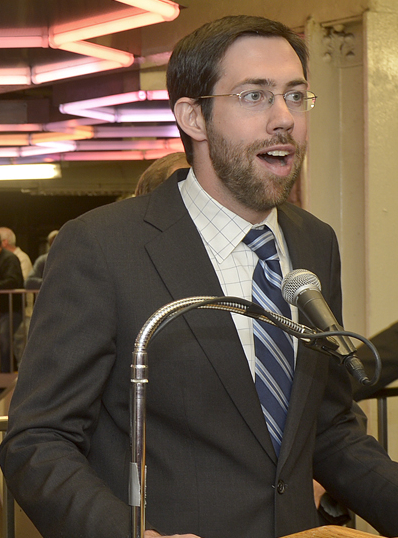James, Squadron spar in final public advocate debate

Daniel_Squadron_2012.jpg
Two Democrats vying to become New York City’s next public advocate squared off Tuesday in a final debate exactly one week ahead of a citywide runoff election that is expected to cost $13 million to put on — but likely will draw very few voters to the polls.
City Councilwoman Letitia James and state Sen. Daniel Squadron sparred in an hour-long debate over their respective records, taking great pains to tout their independence and ability to stand up to City Hall.
The public advocate — which has a budget of about $2 million — is a watchdog, tasked with overseeing all aspects of city government and playing an ombudsman-like role equipped with the power to introduce legislation to the city council and make certain city appointments.